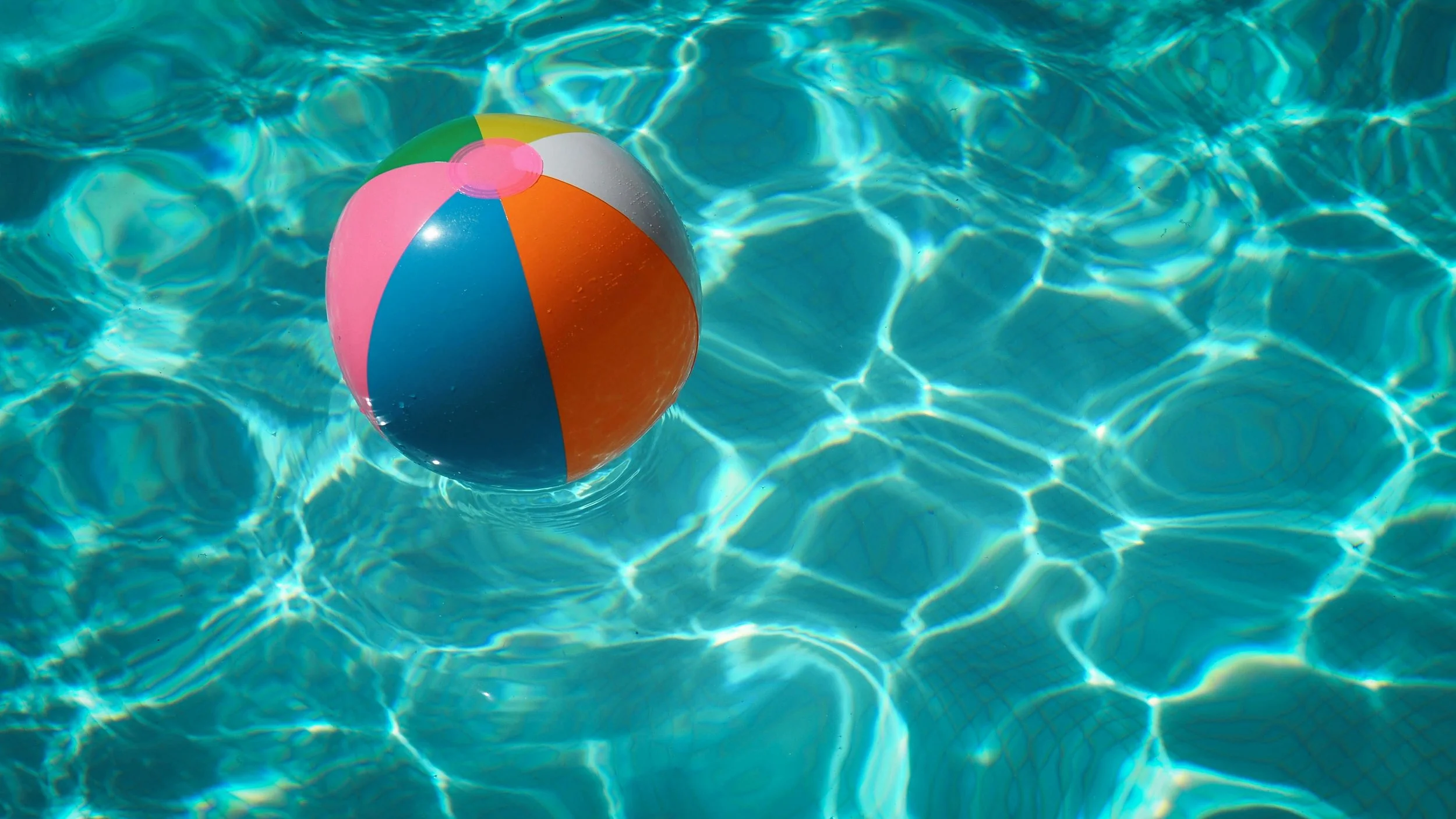Why Is My Bipolar Disorder Worse in the Summer? Explaining “Summer Mania” and How to Cope
Does the summer make your bipolar disorder symptoms – especially manic symptoms – feel more intense? You’re not alone. Many people with bipolar disorder find that they’re more vulnerable to manic episodes during the summer months, and research backs this up. If you live with bipolar disorder, it’s essential to learn how to manage mood fluctuations to prevent a spike in manic symptoms in the summer.
Today, let’s talk about how summer can lead to feeling manic for some people, and how you can keep yourself grounded.
Does summer trigger mania?
Every person with bipolar disorder is unique, and what triggers a manic (or depressive) episode for another person might not affect you at all and vice versa. But many people with bipolar disorder find that they feel more manic (or hypomanic) during the summer months.
Research supports this as well – studies have found that there are significant seasonal patterns in bipolar disorder, with manic/hypomanic symptoms peaking around the fall equinox (late summer).
So if your bipolar mania symptoms are getting triggered this summer, you’re definitely not alone. But why does summer trigger mania in some people?
We don’t know for sure what triggers seasonal changes in bipolar disorder, but many experts believe it’s related to sunlight. The days are longer in the summer (especially for people who live farther from the equator), and that could have an effect on your mood. It’s the same reason why people with bipolar disorder or seasonal affective disorder tend to be more depressed during the winter.
Another factor is the break in routine. If you’re in school (or have children who are), then summer vacation is a welcome break – but it can also disrupt your flow and daily routine. For example, you might have to stick to a strict bedtime and morning routine while you’re in school, but find yourself staying up late at night during the summer.
Any big change to your routine – especially when it comes to sleep – can make mental health symptoms worse (including triggering a manic episode for some people).
How to manage bipolar disorder and “summer mania”
It’s so important to continue using your coping skills to make sure that bipolar symptoms are well-managed, especially during the summer. Unmanaged mania usually only gets worse, and can lead you to make impulsive and dangerous decisions that are out of character for you.
Here are some tips that can help you cope with “summer mania” in the next few months.
Notice the signs
One of the best ways to prevent and manage a manic/hypomanic episode, regardless of the season, is to know the warning signs. This can be especially hard to do for people with bipolar disorder, because the initial stages of a manic episode might make you feel “good” (especially if you’re coming out of a depressive episode). It can be hard sometimes to differentiate between ordinary happiness that it’s summer, and the start of a manic episode.
But when you know your signs, you can intervene more quickly to prevent the episode from becoming worse. For example, are you spending more money than usual? Have you found yourself becoming hypersexual or making more impulsive decisions? Are you sleeping odd hours, or at all? Notice these signs and be honest with yourself – it’s easier to prevent mania than to deal with a full-blown episode.
Stick to a routine
One of the main factors that can lead to mood dysregulation and mania during the summer is the lack of a routine, especially for people on a break from school. To combat this, prioritize building a healthy routine for yourself – and stick to it!
For example, try to go to bed and wake up at the same time every day. Build daily rituals – for example, you might start your morning with a cup of tea and some light stretching, or FaceTime friends and family on a certain day every week. Having a routine can help you manage stress and keep your mood stabilized.
Prioritize sleep
Sleep plays such an important role in managing bipolar disorder. When you’re going through a manic or hypomanic episode, you might find that you’re sleeping a lot less than usual, even going for days hardly sleeping at all.
Prioritize getting restful sleep each and every night, even – and this is a key point for those with bipolar disorder – if you don’t feel tired. If you’re feeling full of energy despite not sleeping well or at all, that’s a pretty clear sign of a manic episode. Even if you don’t feel sleepy, practice good sleep hygiene and prioritize sleep.
Keep taking prescribed medication
Summer can bring feelings of relaxation and happiness. You might feel tempted to stop taking your prescribed medication because you feel so much better. But following your treatment plan is essential to managing bipolar disorder. Plus, it can be dangerous to stop taking prescribed medication without the supervision of a healthcare provider.
So keep taking your medication – it’s probably a big reason why you’re feeling better to begin with. If you have concerns about your medication, like side effects, talk to your prescriber – there may be other options.
Avoid alcohol and drugs
It can be tempting to party during the summer, and it’s understandable to want to have a good time! But using drugs and alcohol can make symptoms of bipolar disorder worse. Mania can even be a side effect of some recreational drugs. Plus, these substances tend to lower your inhibitions; if you’re already vulnerable to impulsivity due to a manic episode, then imbibing can make things worse.
As tempting as it may be, try to avoid alcohol and drugs this summer. It might feel like it calms you in the moment, but it only makes things worse in the long run.
Talk to a therapist
Lastly, consider starting therapy if you’re not in it already. A combination of medication and therapy has been found to be the most effective treatment option for people with bipolar disorder. A therapist can help you learn how the seasonal changes affect you, track your mood, develop self-awareness, and heal from the impacts that bipolar disorder has had on your life.
A happy, stable, and fulfilling life with bipolar disorder is possible. I specialize in helping people with bipolar disorder learn how to manage their condition and get off the rollercoaster of emotions. It’s easy to get started in therapy with me – just get in touch with me and I’ll get back to you to schedule a consultation.
I hope you’re having a great summer!
I provide therapy to individual adults living with Bipolar Disorder online for California residents. I provide video therapy to individuals who live in California, including Orange County, San Diego, Los Angeles, Santa Barbara, San Francisco, and more. I work with also work with OCD, anxiety, depression, and Asian American & Pacific Islanders.
Disclaimer: This information is being provided to you for educational and informational purposes only. The topics being discussed are meant as a self-help tool for your own use. It is not psychotherapy or counseling. This information is to be used based on your own judgment. If you need to speak with a professional, you should find one local to you and contact them directly.



